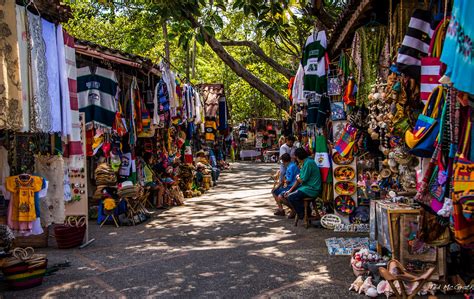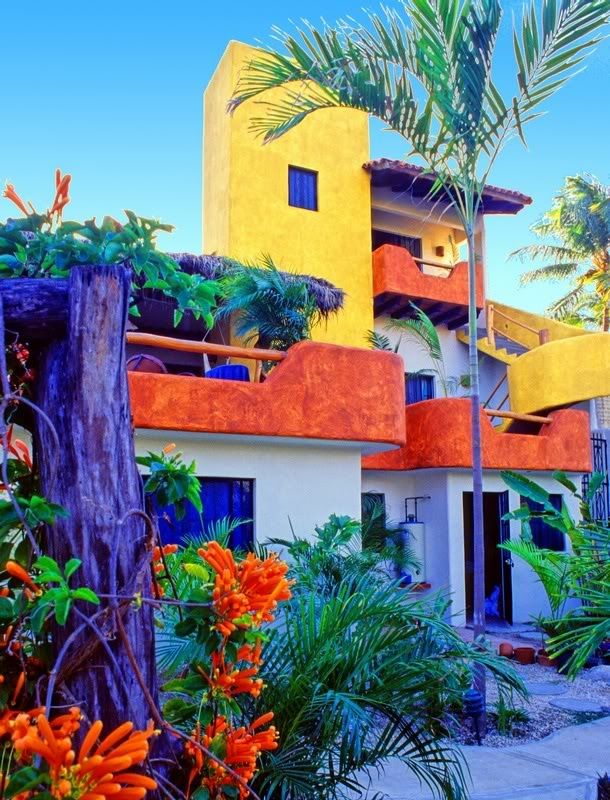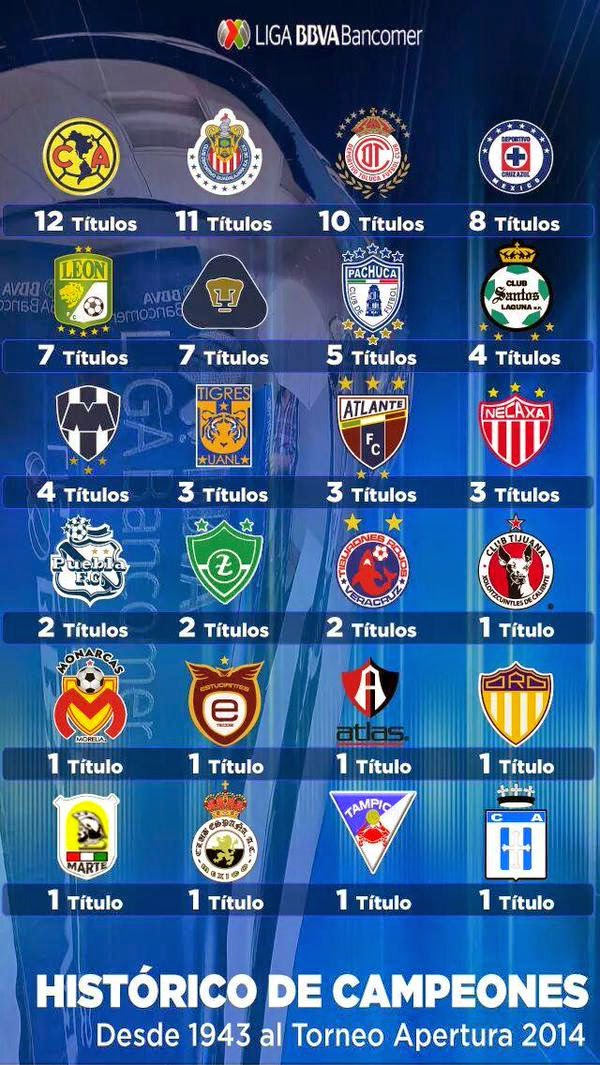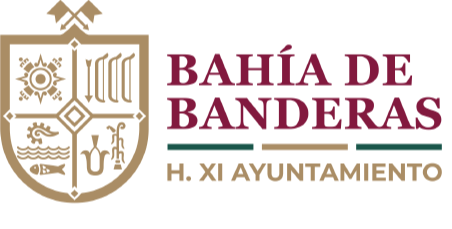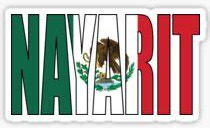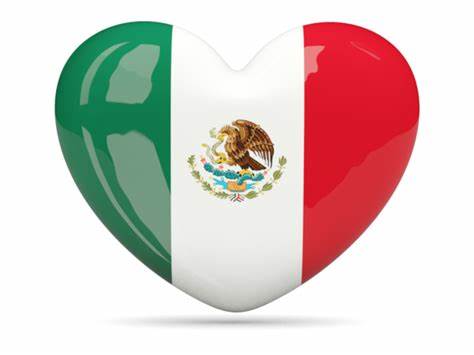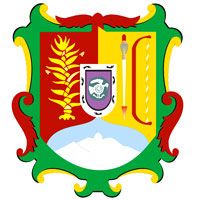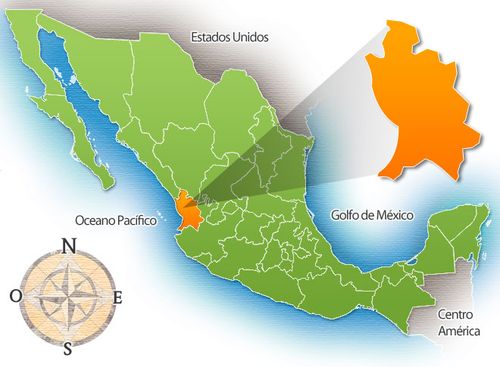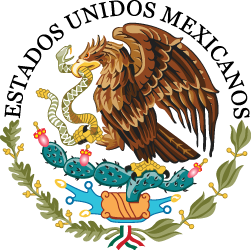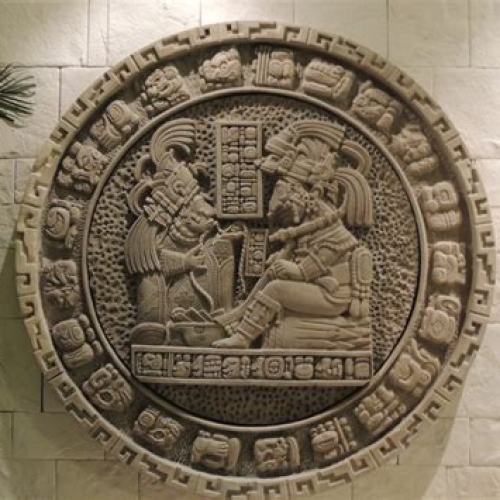Opening a bank account and navigating the tax system are some of the challenges you will face when moving to a new country. One of the best ways to ensure an easier transition is to have your finances under control. You will need to make sure you are ready to set up a bank account in Mexico in order to move your money from your home country and get on with your routine.
Having a local bank account is important for many aspects of your settling in process, big or small: from setting up utilities, to getting a cell phone contract, and other important matters like renting or buying property. It is also a good idea to have knowledge on what taxes you are expected to pay, how they are paid, and what you should do if you are self-employed.
Read on to learn more about opening a bank account and understanding the tax system Mexico.
Connect with like-minded expatriates
Discover our welcoming community of expats! You’ll find many ways to network, socialize, and make new friends. Attend online and in-person events that bring global minds together.
JOIN NOW
How to Open a Bank Account in Mexico
If you are planning to relocate, you should know how to open a bank account in Mexico as a non-resident. Doing some research before moving can help you prepare for unexpected complications. You will also have a clear idea of the documents and transfer fees involved. Mexican banks can have quite high fees in comparison to your home bank, so you should make enquiries to find your best option.
Before you choose a bank, you should verify that:
it will not be difficult to access, move, or manage your finances between accounts back home and in your new country;
it adheres to international regulations;
it has a solid capital base;
it provides good customer service.
Can a Foreigner Open a Bank Account in Mexico?
While a foreinger can open a bank account in Mexico, it could be a challenging experience, especially if you do not speak Spanish. The best place to start is to shop around online and see what banks have the best accounts for your needs. While some banks such as BBVA have recently begun offering online services, including opening a bank account, it might be easier to visit a branch in-person with your documents. You may want to consider taking a translator with you, in case they do not have English speaking staff. In a lot of Mexican banks, you will need to take a ticket and wait your turn as many don’t allow you to make appointments.
Required Documents for Opening a Bank Account as a Non-resident
What are the requirements and documents to open a bank account as a non-resident?
When opening a bank account as a non-resident, you will have to provide documents to prove your identity and show that you have funds to cover the fees.
For a basic account, the British owned bank HSBC in Mexico will ask you to provide:
form of photo identification, generally your passport;
letter with proof of residence, such as a utility bill (dated within the last 3 months);
proof of legal entry into Mexico (e.g. residency card or your FMM visa).
All banks generally have their own individually set requirements, so it is always best to check with their customer service or websites before you head out to open your account. Many banks often ask for an opening deposit of around 800 MXN (40 USD). Please note that it is not unusual to be asked for character references from someone outside of your family.
Top Banks in Mexico
Wondering which are the best banks in Mexico? With so many banks out there to choose from, we sampled a small list of Mexican banks most preferred by expats.
BBVA Bancomer is the largest Bank in Mexico. It serves more than 11 million clients and has the largest amount of total assets, loans, deposits, number of branches and ATMs. It was also named the best digital bank in Mexico in 2019 by the World Finance online magazine. These credentials make it our top pick for expats moving to Mexico.
Banorte is the second largest bank in Mexico as well as being the largest Mexican owned bank. It has a vast network of branches and ATMs all over Mexico. It is a great option for ensuring you always have access to the services you need.
Citibanamex is the third largest bank in Mexico, operated as part of the US-based Citigroup. It has government agencies and small and medium businesses as part of its clientele.
Banco Santander is Mexico’s fourth largest bank. As part of a Spanish company, they offer a wide range of services from loans and mortgages to working capital and trade finance. They have over 8,000 ATM’s in their network to keep you connected.
International Banks in Mexico
Another excellent option for expats is opening a bank account at an international bank in Mexico. Some of the top banks operating in the country are owned as part of foreign banking groups. If you have an account with one of these banks in your home country, it can make opening an account in the Mexican branch simpler.
Some international banks operating in Mexico are:
Santander, which is part of a Spanish company;
HSBC, a bank from the UK;
Scotiabank, one of Canada’s largest banks.
Best Online Banks in Mexico
Nowadays, many people are ditching the brick and mortar banks. One of the easiest ways to get banking started as a non- resident is to set up a bank account online. This makes managing your funds easier when you are on the go and cannot easily visit a branch.
Below are some of the best online banks in Mexico.
Hey Banco, from the Banregio Bank, is an easy app to set up. Within 5 to 10 days you will be sent a Visa debit card, usable anywhere Visa is accepted.
SuperDigital, is an account from Santander. The world-renowned bank offers this online service with an international Mastercard debit card, which you can get within 7 days. The only condition is that you do not already use any Santander accounts.
Amazon Recargable, working with Banorte to provide a Mastercard service, this no-commission card is a top choice. Clients receive 24-hour assistance.
No Fee Bank Accounts in Mexico
When looking for no fee bank accounts in Mexico, your best bet is to look for online only accounts. Many banks will offer no fee accounts, if you have large initial deposits and/or make monthly deposits.
Bank Fees & Minimum Deposit
When setting up a Mexican bank account, try to keep in mind that:
many branches will require a minimum holding deposit, and, to avoid bank fees, this can be around 1000 MXN (50 USD);
you will need the required documents to open a bank account as a non-resident, including identification and your immigration documentation to prove your status.
What is the Tax System in Mexico?
When you relocate, it is essential to find out what the tax system is like in Mexico.
Note that the local tax system does not distinguish between individuals and businesses. Both are subject to income tax: Impuesto Sobre la Renta (ISR). However, the tax rates will vary.
Be aware that some countries, like the United States, tax citizens and permanent residents on their worldwide income. Canada also taxes citizens on worldwide income, unless they have officially moved their legal residence to another country. This means that US and Canadian expats who earn any income in Mexico, will have to declare it in their US or Canadian tax return.
Tax System in Mexico
The Mexican tax system is somewhat challenging. We provide a short overview of the most important tax categories to help you better understand what you will be facing.
Tax year: In Mexico, the tax year follows the calendar year.
Corporate Tax: All income obtained by Mexican companies is liable for tax, regardless of the nature of the business. The corporate tax rate is 30%. Foreign companies in the country are subjected to the same tax system as local ones. Nonetheless, there are some exemptions designed to attract foreign investors (e.g. some states offer tax incentives). Bear in mind, that unlike many Latin American countries, most taxes in Mexico are levied at the federal level. Moreover, companies may also be subject to a 10% employee profit-sharing tax
VAT: Locally referred to as Impuesto al Valor Agregado, or IVA, the standard rate is 16% and is applicable to goods and services. Staple foods (e.g. eggs, beans, tortillas), water, agricultural supplies, books, and magazines are not taxed. There are also certain services and supplies that are exempt from VAT. These include immovable property, land, financial services, insurance, cultural exhibitions, and events.
Wage taxes and social security: In some states, employers have to pay an average of 2% tax on employees’ wages per month. In other places, such as Mexico City, they have to pay 3%. Employers have the obligation to register all of their employees with the Mexican Institute of Social Security. This organization provides job-related unemployment and disability benefits. The tax you pay from your wages is called Impuesto Sobre la Renta (ISR).
Capital gains and real estate: In Mexico, property tax is divided into three different categories. People have to pay acquisition tax when they buy a property. It can be up to 5.9% in CDMX. There is the predial tax, which is an annual property tax paid to the municipality where it is located. Then, there is the capital gains tax, which also falls under the term Impuesto Sobre la Renta (ISR).
The tax system in Mexico can be challenging. It is always best to consult with an international tax expert before making financial decisions. To make sure you know what to expect and be prepared, this can be done before you leave your home country. Find out how our settling-in services can help you navigate the Mexican tax system, open a bank account, and every other aspect of the relocation process in which you may need assistance.
Types of Taxes in Mexico
As an expat in Mexico, the taxes you pay will depend on your specific situation. For instance, if you buy property in the country, you will be liable for property taxes. If you rent out a property, own a business, or have a job, you will have to pay income tax. Moreover, every time you purchase goods or services, you will pay sales tax, known as IVA.
Below we explain the different types of taxes in Mexico.
Personal income tax, known as Impuesto Sobre la Renta (ISR), is deducted from your wages. It can range from 2% to over 35% depending on your earnings.
VAT tax, known as Impuesto al Valor Agregado (IVA), is an indirect tax, which is added to the cost of goods and is paid by the consumer. Generally, the IVA on goods is 16%. Nonetheless, in towns bordering the USA, the rate is 8%. This is to encourage investment to border towns and make the market competitive.
Real estate taxes are charged when you purchase property. There are three points of tax on property in Mexico. When you acquire real estate, you will pay 2% on acquisition tax. Annual property taxes vary depending on location and value of the property. Also, when you sell property, you are liable for capital gains tax.
How Much is Income Tax in Mexico?
So, how much will you be taxed on your salary in Mexico? We compiled the information on the following table for the year 2020:
To give you an idea of how much you will get taxed with this system: if you have a salary of 800,000 MXN (37,000 USD), you will pay:
92% tax on income for the first 6942,30 MXN (319 USD);
4% tax on the value from 6,942.21 to 58,922.16 (320 to 2,712 USD);
88% tax on the remaining amount, from 58,922.17 (2,713 USD).
This will give you an average tax rate of 7.72% on your income leaving you with 730,826 MXN per year. For more detailed information on Mexican taxes, visit the dedicated government site.
Taxes for Self-employed People in Mexico
If you intend on being self-employed when you relocate to Mexico, you will have to register with the Servico de Administacion Tributaria (SAT). This is the authority that deals with all matters of taxation in the country. There is an online service where you can apply with your Registro Federal de Contribuyentes (RFC) number, which is your Mexican tax identification number.
The amount of tax you need to pay varies constantly as the legislation is always changing. The best advice is to have an accountant accompany you to an appointment at the local tax office. In these types of offices, staff rarely speaks English, so having a native speaker to gather all the information you need and help you set up your accounts is essential. With tax rates reaching up to 35%, it is best to make sure you are not overpaying.
Local registrations are a hassle, especially when you do not know how to deal with the legal system in your new country of residence. At InterNations we can advise you on all tax related matters. Simply fill out our contact form to speak to our team of expats who have experienced relocation processes themselves and will help you navigate the complexities of the Mexican tax system.
US Taxes for Expats in Mexico
The US tax system is based on Citizenship. In other words, every US citizen and green card holder with a worldwide income of more than 12,000 USD, or, in the case of self-employment, more than 400 USD, is obligated to file an annual US tax return. This includes expats.
Mexico requires residents to file local taxes. If you are a US American, you will be considered a Mexican tax resident if one of the following applies to you:
if you have a permanent home in the country;
if you generate over 50% of your worldwide annual income in Mexico;
if your main professional endeavors are in the country.
This means that a lot of US expats who reside in Mexico have to file two tax returns, putting them at risk of double taxation.
Please note that expats get an automatic extension (until June 15th) to file their US taxes. If necessary, it is also possible to ask for a further extension (until October 15th). This provides you with a good timeframe to file your Mexican taxes first.
Related Articles
Related Videos to this Article
No items found.
Footer Template
OFF Canvas Menu CK
- Home
- Visitors
- Businesses
- RealEstate
- Sports
- Contact
- Videos
- AllThrive RealEstate Services
- Articles
- Community
- News
- Gov. & Utilities Info.
- Transport (all) (2)





